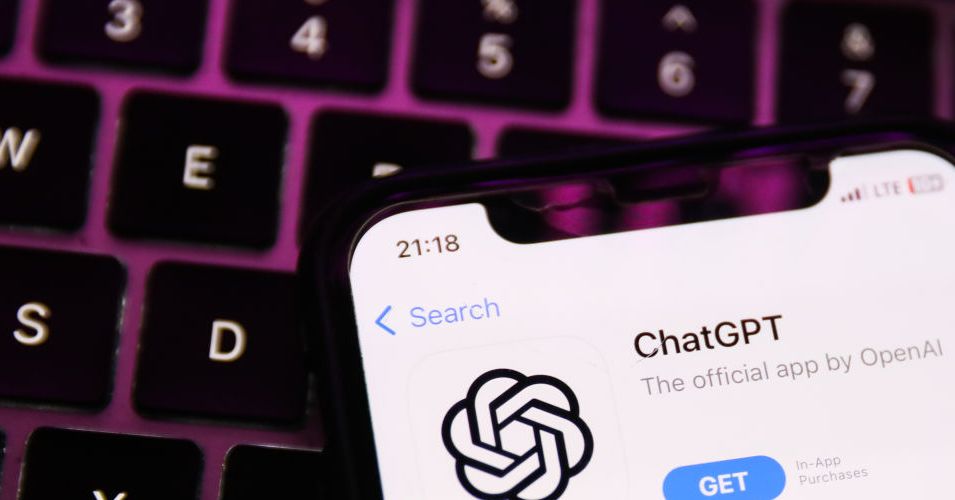Open Work with the US government to make its leading boundary models available for federal employees. Under the agreement, federal agencies can access Openai’s models for the next year, according to an announcement of Wednesday of the company and the General Services Administration (GSA).
The partnership is the culmination of months of effort from the CEO of Openai, Sam Altman and other managers of Openai, who have re -recorded the White House in January since President Donald Trump.
In a statement sent to Wired by e -mail, Altman said: ‘One of the best ways to make sure AI works for everyone is to put it in the hands of the people serving the country. We are proud to work with the General Services Administration, to provide President Trump’s AI Action Plan, to make Chatgpt available throughout the federal government, to help civil servants to provide for the American population. ‘
Since at least May this year, the high-ranking Openai employees have been meeting with the GSA and other government agencies, such as the Food and Drug Administration, to promote the company’s instruments, according to documents obtained by Wired.
On July 23, Brad Lightcap, Opperai chief operating officer and other Openi drivers, was invited to a private post-party hosted by the Hill and Valley Forum in Washington, DC. A number of government officials involved in different AI policy efforts, including Doge Associates Akash Bobba and Edward Coristine, were also on the invitation list, according to an invitation obtained by Wired.
It is not known whether Lightcap attended the festivities. Alexandr Wang, head of Meta Superinteligence Labs, and Palantir representatives were also invited.
The GSA announced on Tuesday that it adds three new AI models – to Hrropic’s Claude, Google’s Gemini and Openai’s Chatgpt – to the federal purchase list, which opens the door for government agencies to use these instruments. The move was estimated as the promotion of Trump’s AI action plan, which asked to speed up AI innovation in the US.
On the same day, Openai introduced two openweight models-the first such exemption since 2019. The models can be managed locally and adjusted for specific use cases, which Openai could possibly work with government agencies that require high levels of data security.
Under Elon Musk, the so-called Department of Government Efficiency (Doge) accelerated the government’s AI efforts, including by starting an Ai-Chatbot named GSAI. At the Department of Housing and Urban Development, a Doge operator uses AI instruments to rewrite agency regulations.
The GSA did not respond to the record before the publication.
US AI giants have shown a growing interest in working with the US government in recent months. Shortly after Trump’s inauguration, the president announced an important new data center infrastructure project of Openai named Stargate. Altman was standing next to the president when he announced the new business in the White House. In May, Altman and other AI drivers also accompanied Trump on a trip to the Middle East, where they announced a number of business transactions that were apparently designed to promote US foreign policy interests.
Government agencies have large amounts of data that may be valuable for AI businesses. (Openai says that Chatgpt will not interact with federal employees as training data.) US government departments that want to modernize their operations can consider generative AI as a way to upgrade systems and improve efficiency. Agencies such as the Department of Defense are also large potential customers. Trump’s proposed budget for the Department of Defense for the financial year 2026 is $ 1.01 trillion, an increase of 13.4 percent.
Update 8/06/25 2:25 PM ET: This story has been updated to include comment from Openai CEO Sam Altman.
